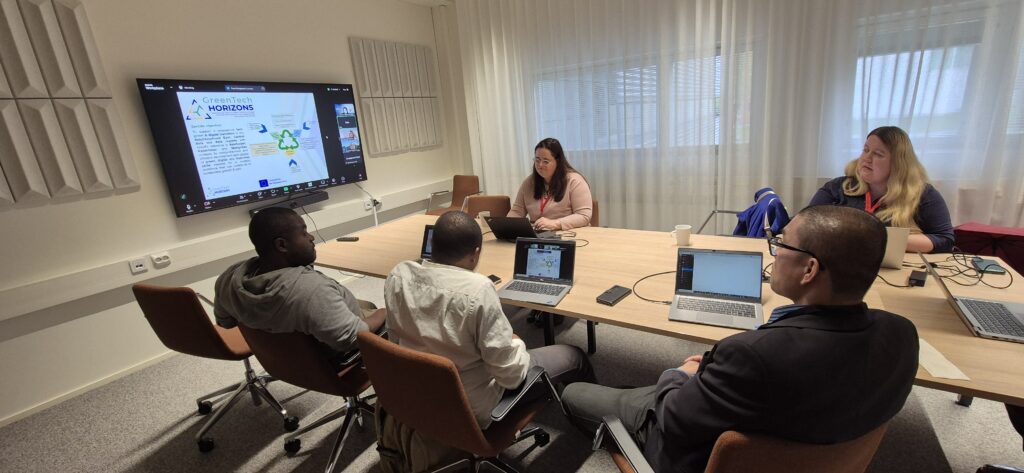Exploring Educational Pathways for a Greener, Digitally-Driven Future
In line with the mission of the GreenTech Horizons project, a strategic partner meeting titled “Collaboration on the Building Capacity of Future Engineers for Secure, Energy-Efficient Autonomous Systems” was held at the University of Vaasa, Finland. The event brought together academic representatives from Riga Technical University, Kaunas University of Technology, Vilnius University, and the University of Vaasa under the Nordplus NPHE-2024/10402 and NPHE-2024/10230 projects.
The meeting provided a platform for dynamic dialogue on how to embed green and digital competencies into engineering and computer science curricula. Participants explored opportunities to foster climate resilience, promote sustainable innovation, and implement circular economy principles within university programs, all while strengthening cross-border academic cooperation.
Empowering the next generation means embedding sustainability at the core of education, research, and innovation.
A highlight of the event was the presentation of the GreenTech Horizons initiative by Rasa Brūzgienė (KTU). She outlined the project’s role in empowering future professionals across East Asia, Central Asia, and the Eastern Partnership EU countries through education and innovation that supports both ecological and digital transitions.

Key topics discussed included:
- The role of universities as catalysts for sustainability-focused collaboration across education, innovation, and policy-making;
- Development of sustainable university ecosystems that support lifelong learning and interdisciplinary research;
- Integration of GreenTech leadership into academic and research agendas;
Alignment with regional and global sustainability goals.
Participant Profile
Academic staff from the participating institutions included professors, researchers, assistant and associate professors, as well as PhD students from University of Vaasa, adding a valuable generational perspective to the discussions.
This event reaffirmed the project’s commitment to building capacities for secure, energy-efficient, and sustainable technological development—ensuring that future engineers are equipped not only with technical knowledge but also with the environmental and digital mindset necessary for driving systemic change.

